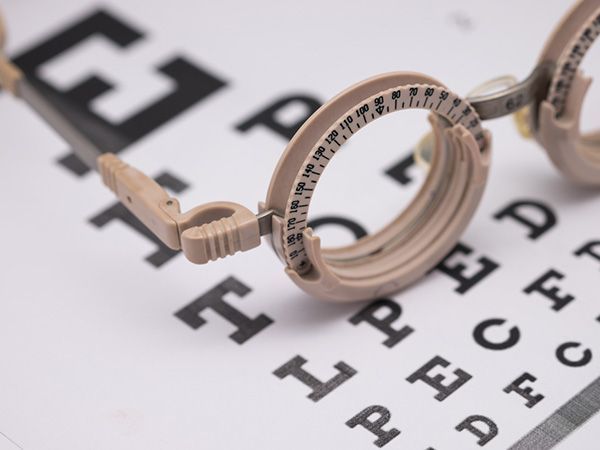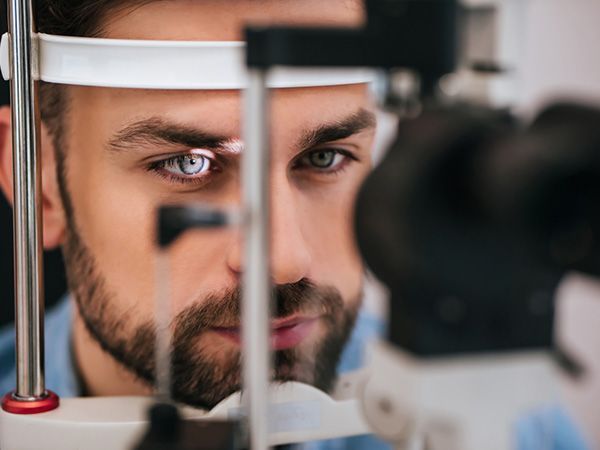How Can Lifestyle Choices Contribute to Dry Eye?

Dry eye is a common and often frustrating condition that can significantly affect your daily life. While environmental factors and underlying health issues may play a role, many people are surprised to learn just how much their lifestyle habits contribute to dry eye symptoms. At Deja Vu Optometry, we’re here to help you understand what dry eye is, what causes it, and how simple changes in your routine can offer lasting relief.
What Is Dry Eye?
Dry eye occurs when your eyes don’t produce enough tears or when the quality of your tears is poor. Tears are essential for maintaining eye comfort and clarity. Without adequate moisture and lubrication, the eyes can become dry, irritated, and inflamed.
If you experience any of the following symptoms, you may be dealing with dry eye:
- Stinging, burning, or scratchy sensation
- Redness or irritation
- Blurred vision or eye fatigue
- Sensitivity to light
- A feeling of something "in your eye"
- Watery eyes
What Causes Dry Eye?
Dry eye can result from a variety of factors, often related to aging, hormonal changes, or underlying health issues. Tear production naturally decreases with age, especially after 50, and hormonal changes during menopause can affect the quality of tears. Certain medications such as antihistamines, decongestants, and antidepressants may also reduce tear production or impact tear film stability. In addition, medical conditions like diabetes, thyroid disorders, and autoimmune diseases such as Sjögren’s syndrome can interfere with tear gland function.
Some eye-related conditions are also common contributors to dry eye. Meibomian gland dysfunction, or MGD, occurs when the oil glands in the eyelids become blocked, causing tears to evaporate too quickly. Blepharitis, which is inflammation along the edges of the eyelids, can disrupt tear production and irritate the eye’s surface. Both conditions are often associated with chronic dry eye and can make symptoms more severe.
How Lifestyle Choices Can Contribute to Dry Eye
Several everyday habits can increase your risk of developing dry eye:
- Excessive Screen Time: Staring at a computer, phone, or tablet for long periods reduces blink rate, leading to tear evaporation.
- Lack of Sleep: Inadequate rest can affect tear production and eye surface health.
- Poor Diet: A diet low in omega-3 fatty acids and high in processed foods may contribute to inflammation and poor tear quality.
- Dehydration: Not drinking enough water can affect tear production.
- Contact Lens Overuse: Wearing contact lenses for extended periods can disturb the tear film.
- Smoking and Alcohol: Both can have a drying effect on the eyes and overall tear production.
When to See a Doctor
If you’re experiencing persistent or worsening symptoms, it’s time to schedule an exam. At Deja Vu Optometry, Dr. Florence Griffith will perform a comprehensive evaluation to:
- Diagnose the type and severity of dry eye
- Identify any underlying causes
- Provide Targeted Treatment such as prescription eye drops, lifestyle recommendations, or in-office therapies
Early diagnosis can help prevent long-term damage and discomfort.
Find Dry Eye Relief at Deja Vu Optometry
Your daily habits can play a bigger role in your eye health than you might think. By making mindful lifestyle choices such as taking regular breaks from screens, staying hydrated, eating a diet rich in nutrients, and getting enough sleep, you can lower your risk of developing dry eye or manage the condition more effectively.
If you’re experiencing dry eye symptoms, schedule a consultation at Deja Vu Optometry to find the right treatment for your needs. Contact our office in Katy, Texas, by calling (281) 665-3274 to book an appointment today.


